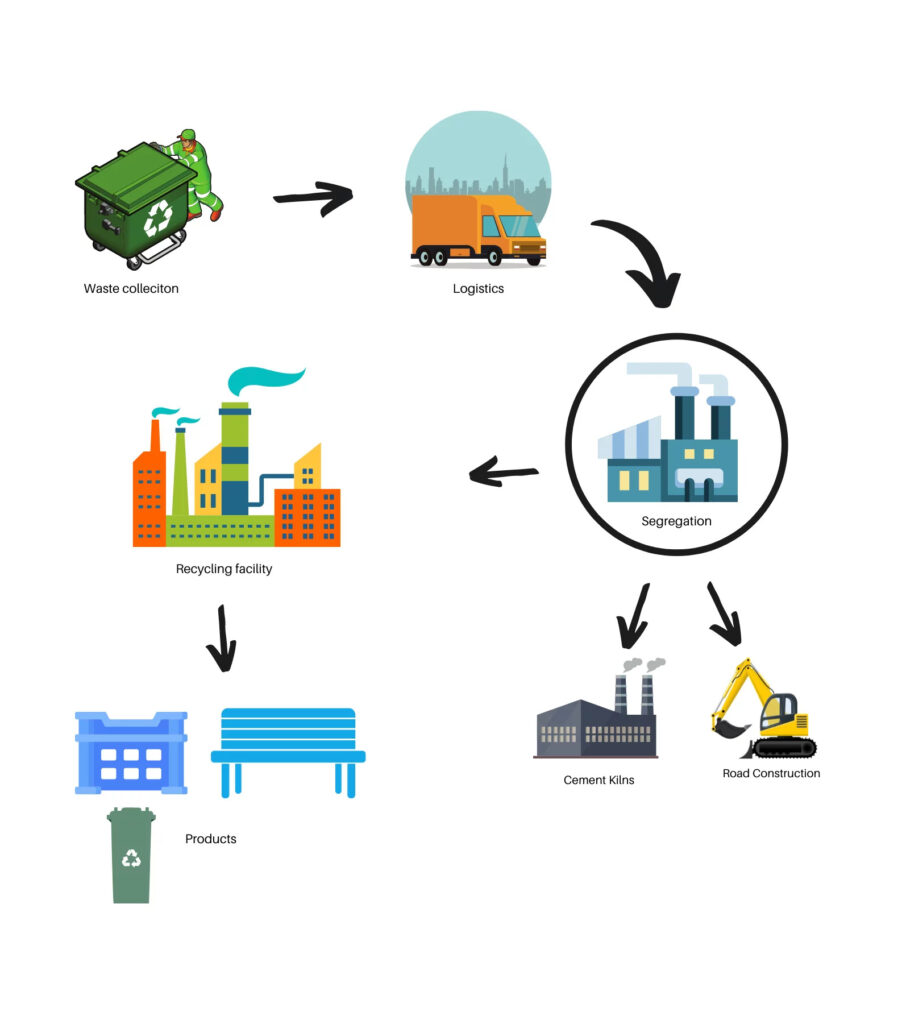
EPR, or Extended Producer Responsibility, is a policy that is designed to promote environmentally sustainable practices by shifting the responsibility for managing Plastic Waste / E-Waste / Battery Waste from consumers and local governments to the producers manufacturers, importers of those products. EPR compliance refers to the requirement placed on these producers and manufacturers to meet certain environmental and waste management obligations as part of EPR programs.
As per the EPR Guidelines, all the EPR Registered entities have to submit annual returns of a particular financial year by the next financial year.

EPR COMPLIANCE - THINGS TO DO (FOR AN EPR REGISTERED ENTITY)
WASTE MANAGEMENT
All EPR Registered Entities are legally obligated to take responsibility of waste management. This includes collection, recycling, or proper disposal of these items to minimize their environmental impact.
REPORTING AND DOCUMENTATION
EPR Registered Entities are required to maintain records and submit reports detailing their efforts to meet recycling targets, sales details and procurement details. This documentation helps CPCB monitor compliance and assess the effectiveness of EPR rules.
FINANCIAL RESPONSIBILITY
EPR compliance often involves financial responsibilities, where EPR Registered entities must contribute to the cost of collection and recycling infrastructure or pay fees to support recycling and waste management programs
PRODUCT DESIGN CONSIDERATIONS
EPR compliance also have targets to design products with a focus on environmental sustainability. This includes designing products that are easier to recycle or including recycled materials in the finished product.
SETTING TARGETS
Regulatory authorities typically set specific targets and performance goals that EPR Registered Entities must meet to demonstrate compliance with EPR regulations. These targets may include recycling rates, waste reduction goals, usage of recycled material goal or other environmental metrics.
ENVIRONMENTAL COMPENSATION (EC)
EPR Registered Entities who fail to meet EPR recylcing targets or compliance requirements will face penalties, fines, or other enforcement actions in the form of Environmental Compensation (EC)